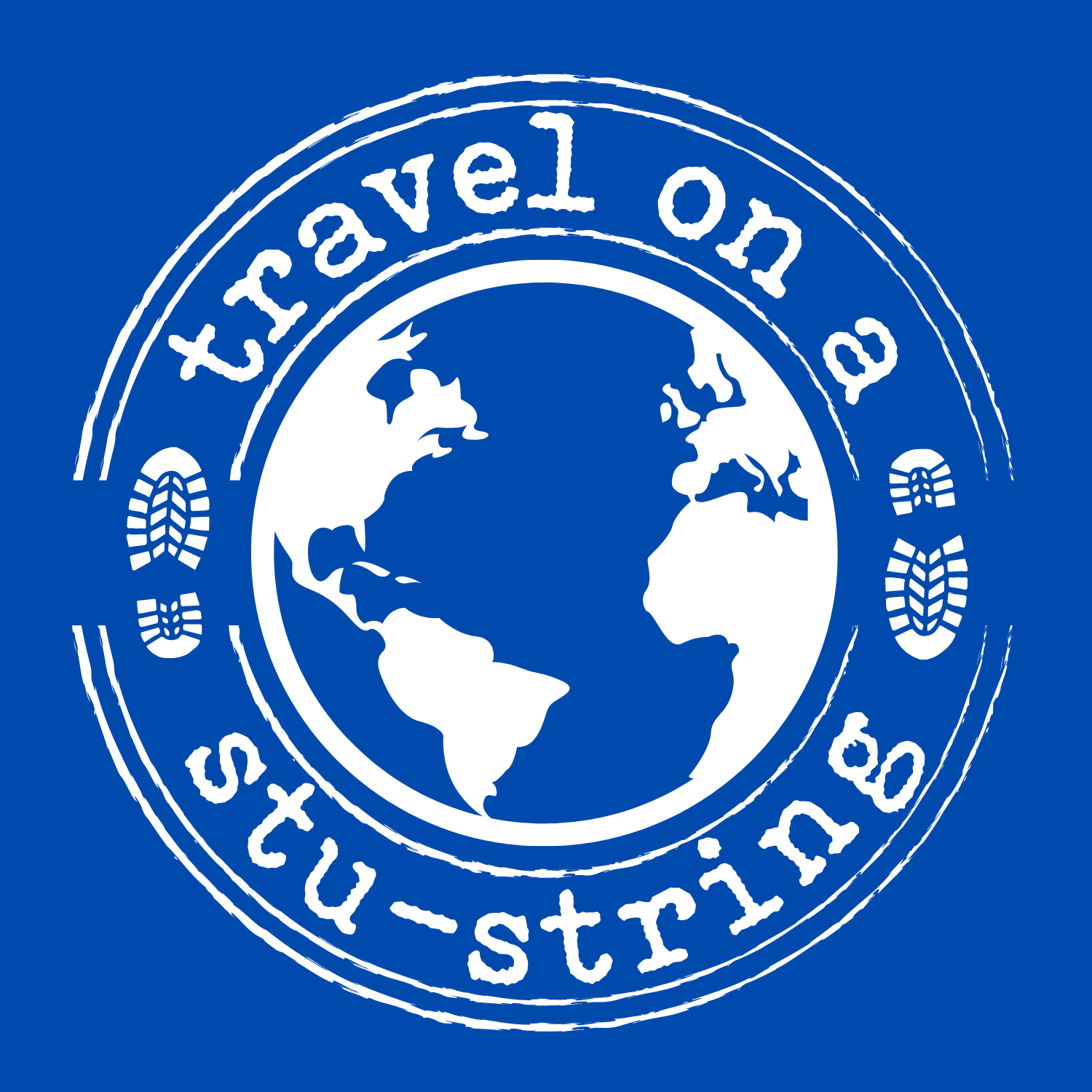Nairobbery
‘Police! Police!’ shouts a man from the rear of the matatu.
The panicked call sets off a wave of chatter and debate. A police roadblock in central Nairobi is unusual.
Nairobi’s Uhuru Park
The conductor, a young man in jeans and a D.A.R.E. to Resist Drugs and Violence t-shirt, holds a wad of grimy notes in one hand and hustles the passengers with the other. He will earn a measly percentage from the day’s rides, and an over officious police officer will probe for any excuse to lighten his pocket. In an attempt to clear the aisle, the conductor shoves a basket of bananas with his foot.
‘Wewe!’ snaps a woman, ‘hizo ndizi nizakuuza!’ Matatu conductors are infamous for their lackadaisical treatment of luggage, and she does not want him damaging her produce. She too, is protective of her day’s earnings, after an early morning venture to the market. After a stern shake of her finger, he looks away. The conductor diverts his attention to a couple of schoolboys wearing maroon jumpers. He yanks them from their seats and orders them to stand. A man in suit and tie moves into the vacant seat and rests his briefcase on his lap.
There is a tap on my shoulder, ‘Police bwana,’ a man’s voice warns me, ‘the police are ahead, you should put on your seatbelt.’ To my left, surprisingly, there is a seatbelt clip protruding from the seat. It is wedged in tight, and in a moving matatu, takes some negotiating to extract.
‘Hurry bwana, hurry,’ the man says, ‘the police are there.’
To my right, where a seatbelt should be, there is nothing. No seatbelt, no straps, not the remnants of a seatbelt, nothing but metal panels and a window.
‘Your seatbelt bwana, put it on, where is it?’
‘There is nothing here!’
There is no seatbelt, and why would there be? In two years of travelling in matatus I have never noticed, or even thought about using a seatbelt.
‘Ok, ok, don’t worry,’ he reassures me, and the urgency in his voice has vanished, ‘but I think this is your stop?’
Peak hour traffic in Nairobi’s CBD
It is then that I notice.
The top pocket of my backpack is open. My camera is gone. The matatu stops and the conductor slides the door open. There were no police. There was no need for seatbelts. It was all a rouse.
‘This is your stop mzungu,’ comes another voice from behind, and he signals to the conductor. After two years in East Africa, I should have known better, but after two years in East Africa, these men cannot intimidate me and will not hurry me off the matatu.
‘Nani mwizi?’ I announce, loud enough that everyone in the matatu hears, ‘who is the thief?’ After two years in East Africa, I understand the weight that the word carries. In countries and communities where so many people scrape by with so little, petty thieves are the lowest form of criminal, and their punishments are legendary. All across Africa, mob justice is swift and brutal. The lucky ones escape with cuts, bruises, and broken bones. The unlucky ones do not escape at all.
‘Mwizi?’ the man stammers, the panic in his voice resurfacing, ‘My friend, what happened? Nobody here is mwizi, we are not thieves.’
‘Nani mwizi?’ I repeat, standing up ‘Where is my camera? Nani mwizi?’ and I pat the pockets of the man next to me, ‘Wewe mwizi?’ I turn in my seat and direct my tirade at the men behind me, reaching for their pockets and bags, ‘Wewe mwizi!’
They recoil and feign surprise, searching their mind for excuses, ‘My friend, maybe you did not have it, or it dropped out somewhere else,’ supposes the man behind me.
‘No! Somebody has it! Where is it?’
The conductor taps a coin on the roof and hisses, impatient at the delay. Then the driver turns his head, muttering and wondering what the commotion is about.
The men in the seat behind pretend to scour the floor, rummaging between bags.
‘Nani mwizi? Nani mwizi?’ I repeat, refusing to move.
What thieves fear most is a mob, particularly a mob of bored and frustrated young men. The longer the matatu remains stationery the more curious people outside become, and the larger the crowd grows.
Another tap on my shoulder, ‘my friend, what is this?’ he asks. There is my camera, resting on the seat behind me. I glare at him and see a mixture of relief and regret in his eyes. I snatch the camera and stash it in my bag. ‘Ok,’ I announce to the conductor, ‘this is my stop.’
This story is my entry in ‘Moments’ a travel writing competition hosted by We Are Explorers. To vote for ‘Nairobbery’ follow this link, Nairobbery - Moments - By We Are Explorers. Thanks!



